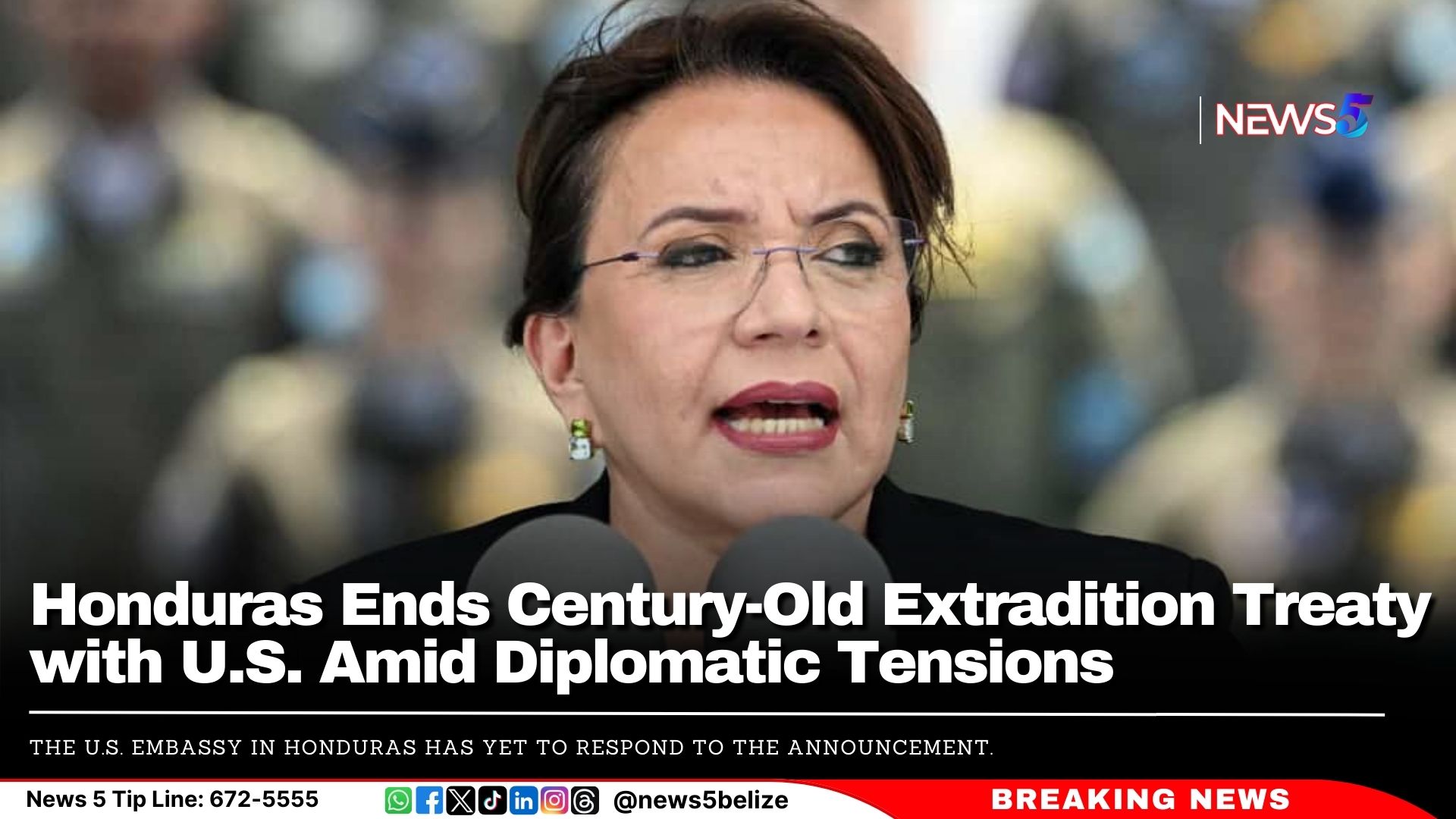Honduras announced last week that it will terminate its century-old extradition treaty with the United States following concerns expressed by Washington over a recent meeting between Honduran and Venezuelan defense officials. In a letter shared on social media by Foreign Minister Enrique Reina, the Honduran foreign ministry communicated its decision to end the treaty.
Earlier in the day, Honduran President Xiomara Castro ordered the denunciation of the treaty and accused the U.S. of interfering in Honduras’ internal affairs. “The interference and interventionism of the United States, as well as its attempts to influence Honduran politics through its embassy and other representatives, are unacceptable,” Castro wrote on social media.
The U.S. embassy in Honduras has yet to respond to the announcement.
U.S. Ambassador to Honduras, Laura Dogu, had expressed concern about a meeting last week between Honduran Defense Minister Jose Manuel Zelaya and Venezuelan Defense Minister Vladimir Padrino. Dogu, who was also surprised by the presence of the Honduran military joint chiefs of staff, criticized the meeting due to Padrino’s 2020 indictment by the U.S. on drug trafficking charges.
In response, Reina denounced the U.S. for what he perceived as an attack on Honduran sovereignty and independence. “Suggesting or implying that we are involved with drug traffickers and discrediting our authorities is a direct threat to our sovereignty,” Reina stated on social media.
Honduras has been a close ally of Venezuela’s socialist government. The extradition treaty, which has facilitated the extradition of high-profile Hondurans such as former President Juan Orlando Hernandez and former Police Chief Juan Carlos Bonilla, will now be nullified. Hernandez, once a U.S. ally, was extradited to the U.S. after Castro assumed office in 2022 and has since been convicted and sentenced on drug trafficking charges.
